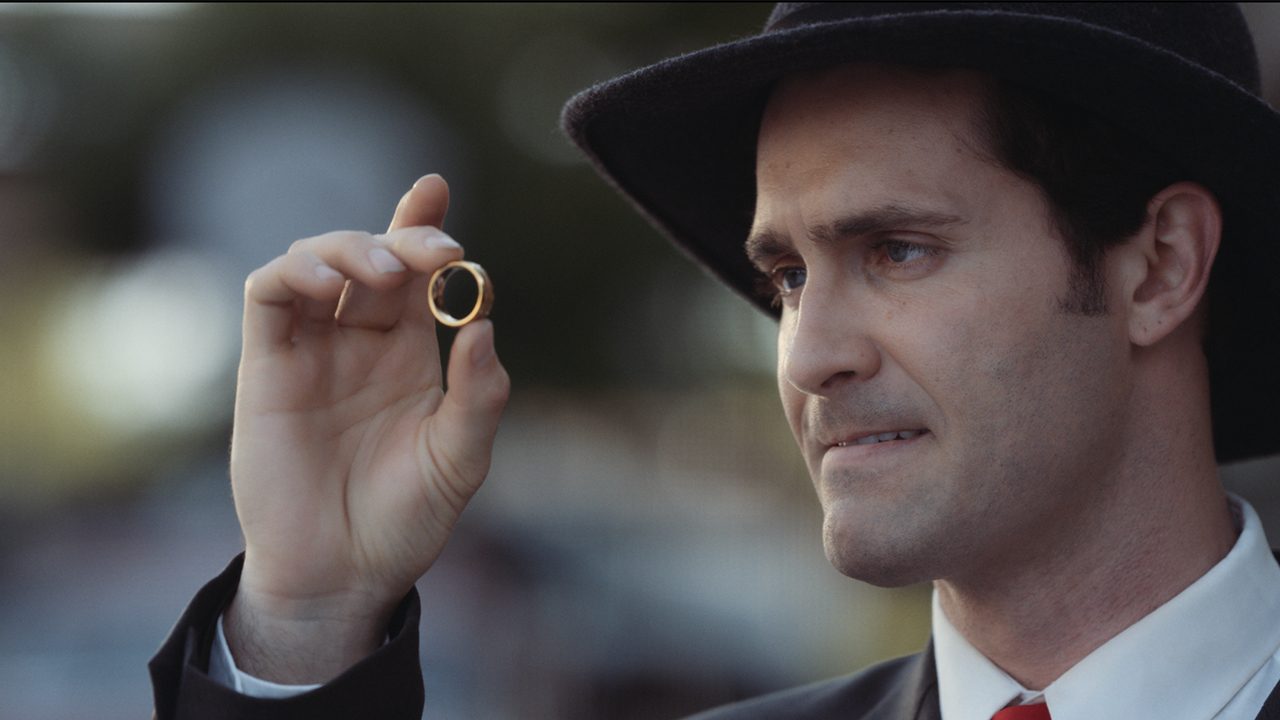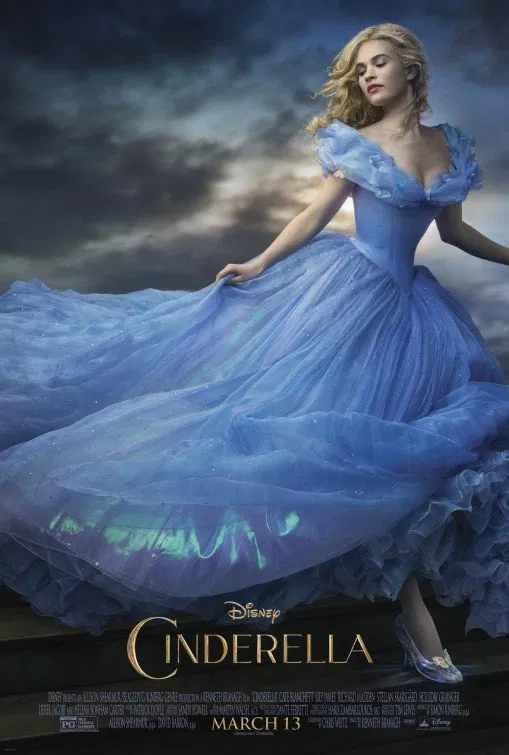
THE WANDERER: SEASON 1 Offers Unique Glimpse Into 1950s America
By Movieguide® Contributor
Hats off—or more appropriately in this instance, hats on—to the Pure Flix production crew of THE WANDERER: SEASON 1 for effectively recreating a 1950s feel for this short-form series. The series includes six episodes, each lasting 15 minutes on average. The clothing, the hairstyles, the rooms, and the buildings all conspire to transport the viewer back to 1950s America. The cars driven by the series stars, Louis’ mid-50’s yellow T-Bird and Rosie’s 1950 Buick Special woody station wagon, successfully evoke the time and express each character’s personalities and values. Lou “wants more” from life; more money, more possessions, more flash, more speed, more sales, and more job promotions … and did I say more money? Rosie wants Lou – she has stayed engaged to him for 14 years! Rosie wants a stable home and family life for her niece Kathleen, whom she adopted upon the death of Kathleen’s mother, Rosie’s sister.
Lou finally accepts an invitation from his employer to widen his sales territory, leaving Rosie in his hometown Terre Haute while he visits clients in sunny southern California. As he relishes this fulfillment of his career dreams, other facets of his life start to close in on him: repeated nightmares reliving a WWII battle trauma haunt him, his intentional sales strategy of flirtation and double entendre with his customers gets him into more intense situations, and the top-level corporate boss eventually asks him to do something immoral and illegal. Unbeknownst to Lou, FBI agents are aggressively tailing him in an investigation. Moreover, Rosie and Kathleen packed up their things and drove to Los Angeles to surprise Lou. Lou is undoubtedly in for a surprise, but in this case, “the best surprise is no surprise.”
The series’ production value, camera work, set design, and editing is excellent. The acting seems a bit stilted; however, this could be intended as it effectively recreates the style of 1950s cinema. The only thing that would have made it more 1950s would have been to film in black and white! But that is a major turn-off for younger audiences, and a wise decision was made for THE WANDERER: SEASON 1 to be filmed in glorious color.
THE WANDERER: SEASON 1 includes no profanity or nudity. Violence does show up when Lou’s sister Janice reveals bruises from implied spousal abuse. Other instances of violence include Lou punching his brother-in-law Darren (Episode 2); crooked cops beating up Darren in an over-the-top interrogation (Episode 3); Lou’s recurring war nightmare; and a gun being pulled on Kathleen (Episode 4). Smoking and drug use are non-existent. In one scene, a bottle of French wine is poured into glasses by the corporate leader to relax during a meeting with Lou and his direct boss, but little, if any, is consumed by the actors (Episode 5). Sexual content is never depicted but often implied in the flirtatious double-entendres initiated by both Lou and his female customers. As mentioned previously, the top-level corporate exec orders immoral and illegal behavior. One instance involves Lou knowingly selling counterfeit goods (Episode 5). Stolen goods are also hinted at being fenced (Episode 3).
Lou faces a decision between two competing worldviews depicted in THE WANDERER: SEASON 1. Will he choose a life of “anything goes” and attempt to assuage his drive for career success and materialistic acquisition? Or will he go for the girls (Rosie and Kathleen specifically), family, morality, and God? The series portrays both worldviews quite convincingly all the way through, throwing in good cops and crooked cops, Lou’s supportive “little” sister and her alcoholic husband, female customers of Lou’s always wanting “more”, and a pastor in an unplanned encounter that carries on an intelligent conversation about Lou’s choices. In the end, THE WANDERER: SEASON 1 promotes a Biblical worldview with a smattering of moderately questionable elements. Movieguide® advises caution for young children and discretion for older children.
Questions or comments? Please write to us here.


 - Content:
- Content: 

